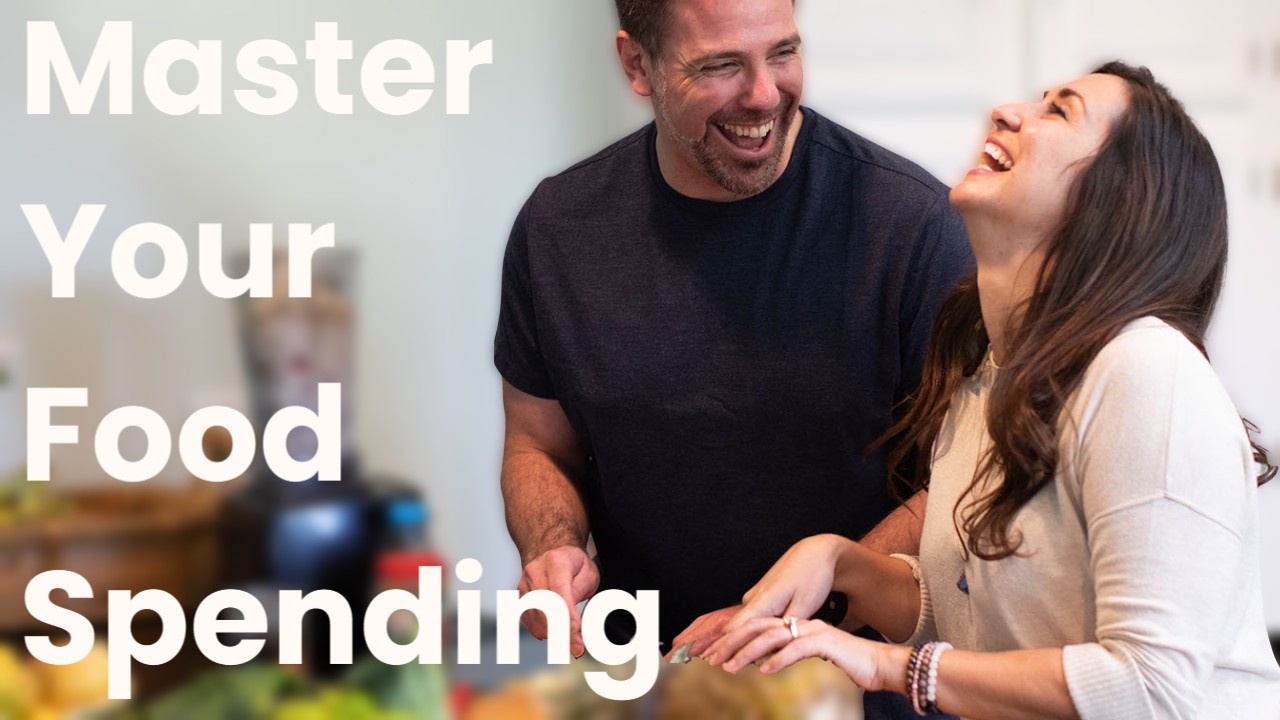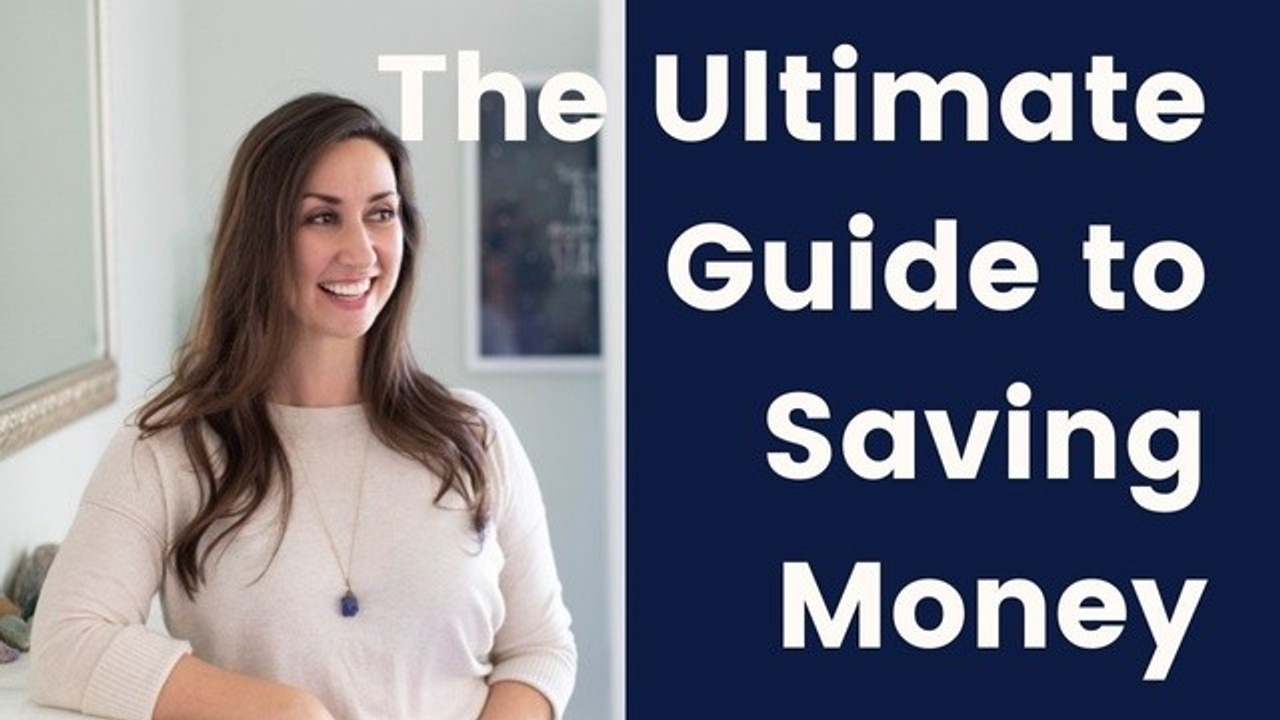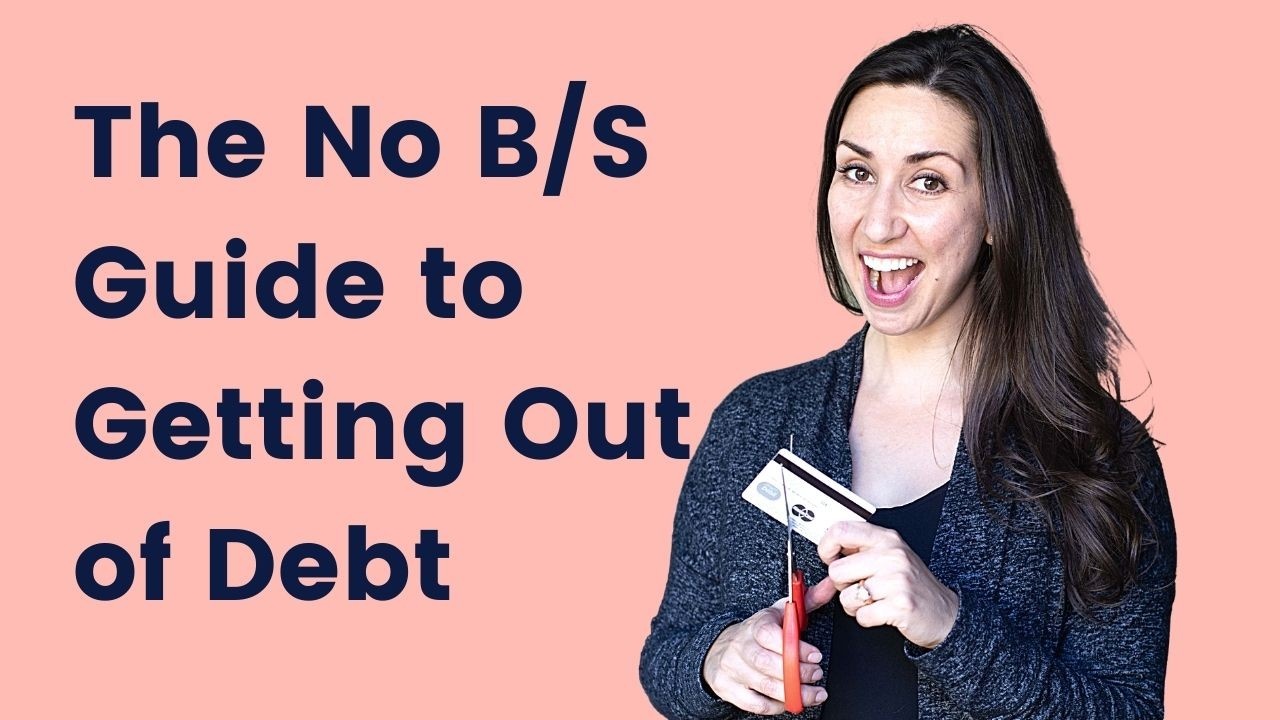Codependency & Money - The Good, The Bad, and The Ugly
What is Codependency? How Does it Affect My Money? And How Do I Stop the Behavior?
You close your eyes for a beat after you notice his number popping up on your phone.
“Hey babe , sorry to bother you at work but can you cover a couple of bills for me? I’m tight on cash again and my commission check doesn’t come in until next month.”
You’re already feeling stressed about money and aren’t sure what to do, but he needs you; of course you’re willing to help. Secretly you hope he just doesn’t forget to pay you back, like the last couple times.
But before rushing to the rescue, think about what might be going on at a deeper level. Even (or especially) if you’ve always responded this way, sit awhile with your feelings. Trace the roots of this automatic response, whether it’s old family dynamics or an innate need to be needed. Regardless of its origin, the pattern could be a sign of codependency.
Even if you know you're in a codependent relationship you may still be blind to its connection to your money problems.
What is codependency?
According to Vanderbilt University associate professor of clinical psychiatry Jonathan Becker, DO, codependency is “any relationship in which two people become so invested in each other that they can’t function independently anymore."
Codependent people excessively rely on their partner's emotional or psychological support. In exchange, they often over contribute to their partner emotionally and financially. Codependent behavior is very common when your partner displays addictive behavior or suffers from a long-term illness. Each person plays a part in this familiar dance.
Diving Deeper into Codependency: the Good, the Bad and the Ugly
#1 The Good: You Care About Others
Codependent behavior generally comes from a place of genuine concern or compassion. You want to help others in need. You consider generosity and helpfulness to be at the core of your personal value.
#2 The Bad: You’re Undermining Your Financial Security
Because this is “who you are,” you may not recognize codependency until it's too late. By that time, you may have lost savings and/or possessions, hurt your credit score, piled up new debt or slowed down paying off existing debt. These damaging effects also prevent you from taking advantage of opportunities to invest and build wealth. Over time, your confidence and self-esteem suffer.
All the while you still hope your partner will change. When that doesn't happen you feel disappointed and frustrated. This often leads to resentment and bitterness toward your loved one. You feel unappreciated for what you perceive to be a crowning virtue: your generosity.
#3 The Ugly: Codependent Behavior Often Results from Unresolved Trauma
Instead of casting blame, ask yourself where these behaviors come from. Their roots may well have started growing before you even knew each other. They might originate from past stress or trauma of which you're not even aware. Maybe you grew up desperately wanting to fix or change something or someone and couldn’t. You may have felt powerless or hopeless. Perhaps you were fighting to be seen, heard and understood, but never felt that you were. It’s hard to change these behaviors, especially if you don’t acknowledge their roots.
The most “normal” relationships between spouses, parents and children, or among co-workers can be riddled with codependency. So how do you know if that includes you?
Tell-tale Signs of Codependent Money Relationships
If you’re putting yourself at a financial disadvantage to help or support someone else, you might be in a financially codependent relationship. The first step is to notice the signs.
Do you:
-- Shield your loved one from the consequences of their financial choices and actions?
-- Take a back seat in decision making to allow them to feel a sense of control over a situation?
-- Derive part of your identity, or satisfaction, from people “needing” you?
-- Repeatedly lend or give money to your boyfriend/girlfriend/partner?
-- Use your credit card to cover a loved one's unexpected “emergency” expenses?
--End up paying your friend’s portion of the bill (again) when you go out to eat because he/she can’t afford it?
--Pay your partner's half of the rent or utilities?
--Rack up debt for vacations/events/shopping because they promise they’ll pay you back, but make little/no effort to do so.
If you can relate to at least three of the examples above, you may be demonstrating codependent behavior, especially if you can connect enough dots to begin to identify a pattern. Keep in mind, the pattern doesn't necessarily have to be with the same people, and could be scattered throughout different relationships in your life.
Just because you love these people doesn’t take away the fact that their behavior (and yours) is harming your finances. You can still love them but you also must love yourself, first.
3 Ways to Start Healing Financially Codependent Relationships
#1 Get comfortable with identifying and prioritizing your own needs over the wants and needs of others. Put on your own oxygen mask first. This does not make you a selfish person. In fact, taking good care of yourself is one of the most loving things you can do for those around you. It allows you to feel stable and secure, which then gives them the space to do the same for themselves.
#2 Look within to ask yourself why you feel an urge to give excessively. Are you trying to overcompensate for something? Trying to fill a void? Hoping people will like/love you more if you take care of things for them? Worried they will leave you if you don’t? Take a step back and acknowledge that you are enough just the way you are. It’s not helpful or healthy to overextend yourself in an attempt to feel accepted.
#3 Set boundaries. This means that you clearly communicate what you will or will not do for a loved one and you follow through on this commitment. This can also mean setting boundaries about what behavior you will tolerate (or not tolerate) from your loved one and imposing consequences if the behavior continues. Keep in mind, none of this has to be righteous or vicious. You can be civil and respectful when setting and enforcing boundaries with your loved ones. Ultimately, you are learning how to advocate for yourself and your needs.
The first step to overcoming financial codependency is to recognize it. Only then can you begin to retake control of your finances. Take it step by step, acknowledging your and your loved one's behavior and its roots.
Learn more and take advantage of resources available to help. Melody Beattie’s Codependent No More is a good place to start.
For online information about the diagnosis, symptoms or prognosis of codependency, check out https://coda.org.
Did you like this article? Get the latest personal finance articles from Vibrant Money by subscribing to our weekly newsletter!
Enter your email address below to sign-up.
We will never sell your information, for any reason.










